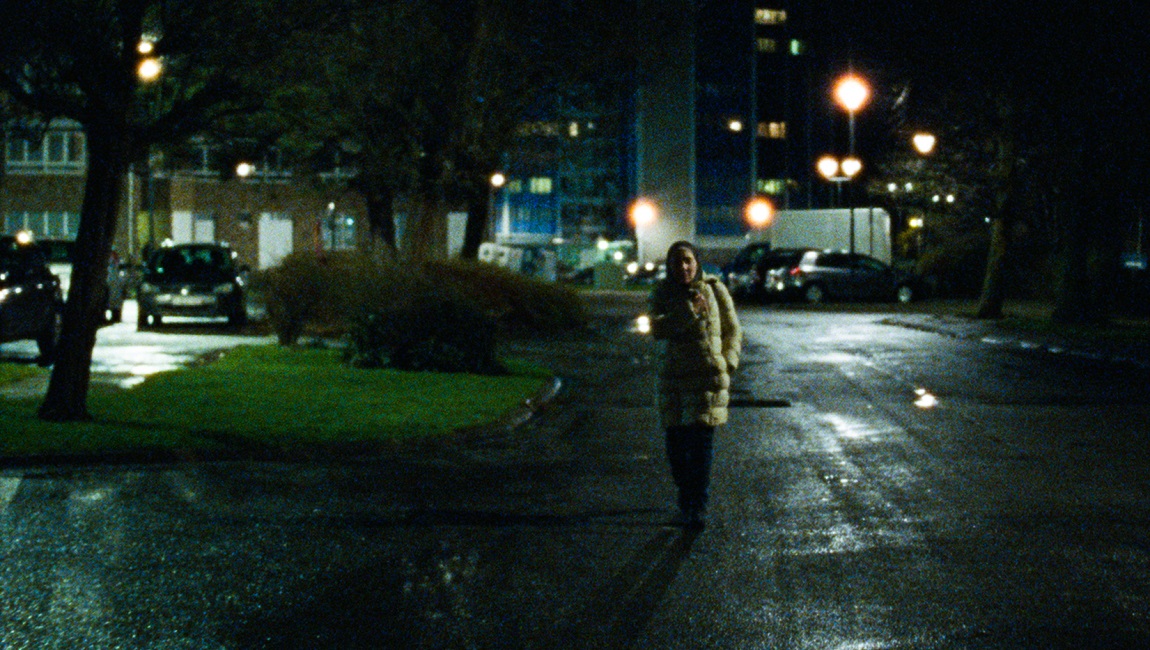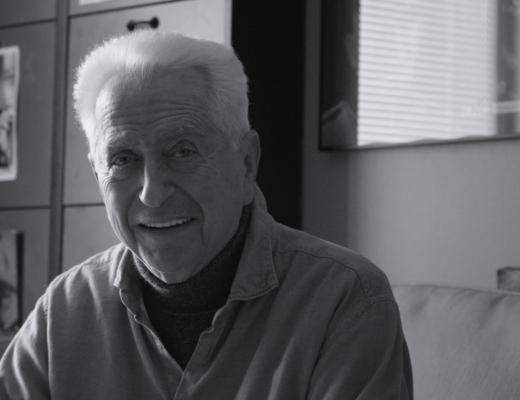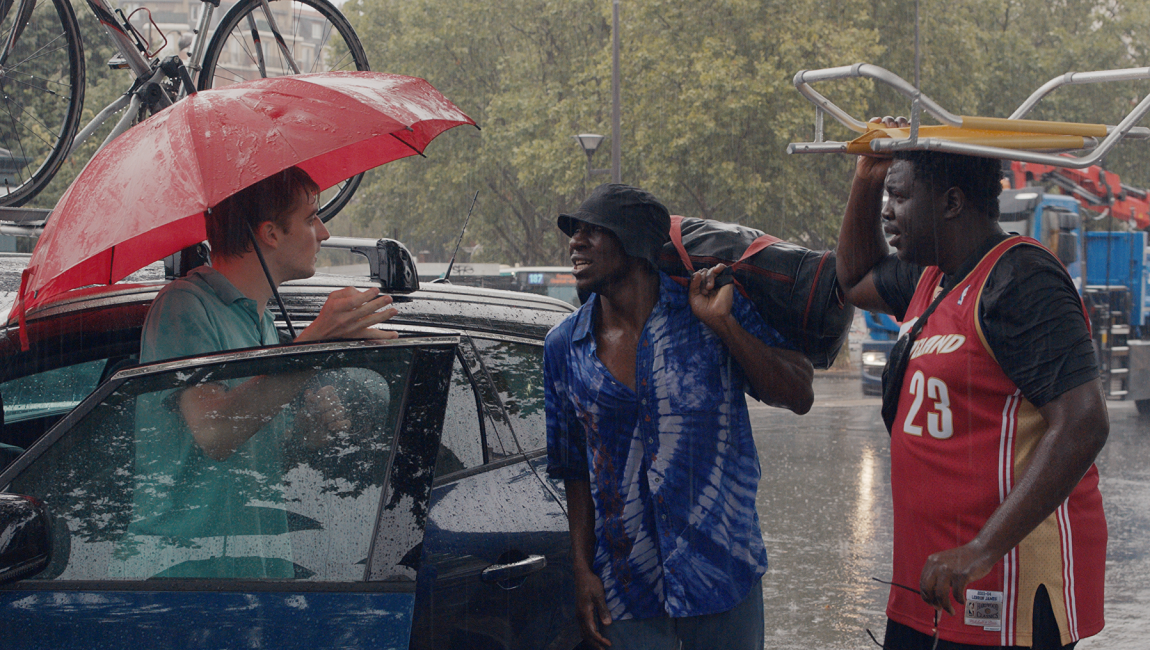On paper, Garrone’s moody temperament suggests a potentially fascinating Pinocchio adaptation, but all he really musters here is a dour, half-baked rehash and not much else.
As if the result of some unholy deal with the devil that requires him to star in a nightmarish new adaptation of Pinocchio every 20 years, Roberto Benigni makes his second appearance this millennium in a film about the legendary puppet who dreamed of becoming a real boy with Matteo Garrone’s newest adaptation. Benigni famously followed up his Academy Award-winning Life is Beautiful with his own directorial take on the fairy tale in 2002, also starring as a very adult-looking Pinocchio. The film was critically savaged, and Benigni never again enjoyed the critical or popular acclaim that led to his chair-hopping Oscar win for Best Actor and Best Foreign Language Film at the 1999 award ceremony.
Garrone’s is a decidedly darker take on the material, recasting Benigni as a mournful Geppetto, a poor carpenter toiling away at his wooden creations, hoping to catch a break. The story, of course, is familiar: Geppetto makes a puppet who comes to life and goes on a series of misadventures because his guileless curiosity is constantly leading him into trouble. It is, and always has been, a functional warning to disobedient children not to wander off or trust strangers and to stay in school and study hard, and Garrone’s version mostly leaves such broad moralizing intact. The characters Pinocchio (Federico Ielapi) meets along the way are a mixture of anthropomorphized animals and unscrupulous human ruffians — many of whom have animal-like characteristics — but the film never really makes much of a distinction between the two, and so their application is entirely inconsistent and often bizarre. The makeup effects for these creatures are admittedly impressive, especially Pinocchio’s wooden visage, but the film rarely operates according to its own sense of internal logic, resulting in a disjointed viewing experience, particularly given its bloated runtime.
There are a few moments near the beginning when it appears that Garrone is going to reframe the narrative from a tale of childhood to a tale of parenthood, which is a far more interesting concept than the Zoobilee Zoo-esque parade of grotesqueries with which the director ultimately pads the film. Benigni is actually quite good as Geppetto, but he soon disappears from the narrative, and the film coasts through a series of lazy vignettes that never add up to any satisfying whole. In ostensibly crafting a darker, more mature version of the classic fairy tale, one would think Garrone would have retooled the narrative to build relevancy for those who grew up with the fable, viewers who, in all likelihood, find themselves identifying more with the aged woodcarver than with the spirited, wooden boy. While Benigni has made the switch here — and is immensely more compelling as the father than the son — the film itself remains stuck in a half-baked fantasyland, hopelessly awash in its own unpleasantness and with nothing new to bring to its well-worn table.







